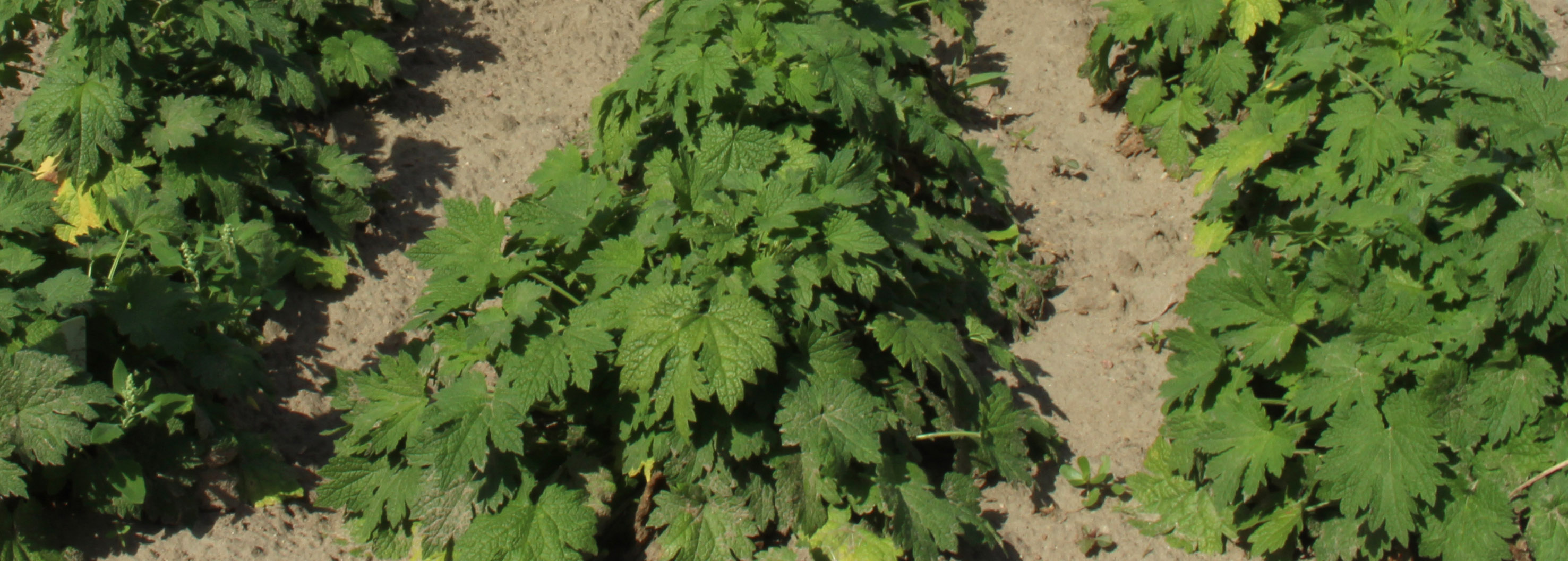
Leonurus cardiaca (motherwort)
Motherwort is a perennial plant that grows up to 50-100 cm. It is native to the southeastern part of Europe and central Asia but is spread throughout the world. The species has upright, four-angled stems and small, pink to lilac flowers blooming from June to August. Motherwort is insect pollinated, often grows along roadsides and waste-dumps, and can easily self-sow if well-sited. The leaves are aromatic, leaving a scent that some people may find unpleasant.
Leonurus cardiaca has a long history of serving as a medical herb and has been cultivated for this purpose. The Latin name cardiaca refers to the formal use of the plant as a heart stimulant, used for nervous heart conditions. The English name comes from the historical use of the herb as a remedy for different female disorders, including problems associated with childbirth, menstruation and menopause. The herb is said to have a sedative effect. Other internal medical uses include relieving digestive disorders and bronchial asthma. It has also been used externally to sooth wounds and skin inflammations.
Cultivation
Sow the seeds in April in a broadcast tray. Use tray substrate and put in light conditions, approximately 20-23 °C. Only cover the seeds slightly, maximum 0.5 cm. If the seeds do not germinate during the first month, put the tray in a refrigerator and keep in there for an additional month. Thereafter put the tray back into room temperature. When large enough to handle transplant the plants into small individual pots in pot substrate.
Family: Lamiaceae
Swedish: hjärtstilla
Finnish: rohtonukula
Norwegian: hjerteurt
Danish: almindelig hjertespand
Icelandic: ljónshali

If the seeds do not germinate during the first month, put the tray in a refrigerator and keep in there for an additional month.
The pots can be placed in an unheated greenhouse, or outside when the risk of frost has passed. When fully rooted in the pots, plant outside in field in semi-shade or sunny position. Normally, the plants will not flower the first year. Flowering time for Leonurus cardiaca is July to August the second year. Harvesting of the seeds will normally take place in August to September, after flowering. Always harvest in dry conditions. When both stems and seeds are brownish and dry, harvest using a scissor to cut the stems just below the inflorescence. The seeds are usually quite stuck in the inflorescence and will not fall easily to the ground.
